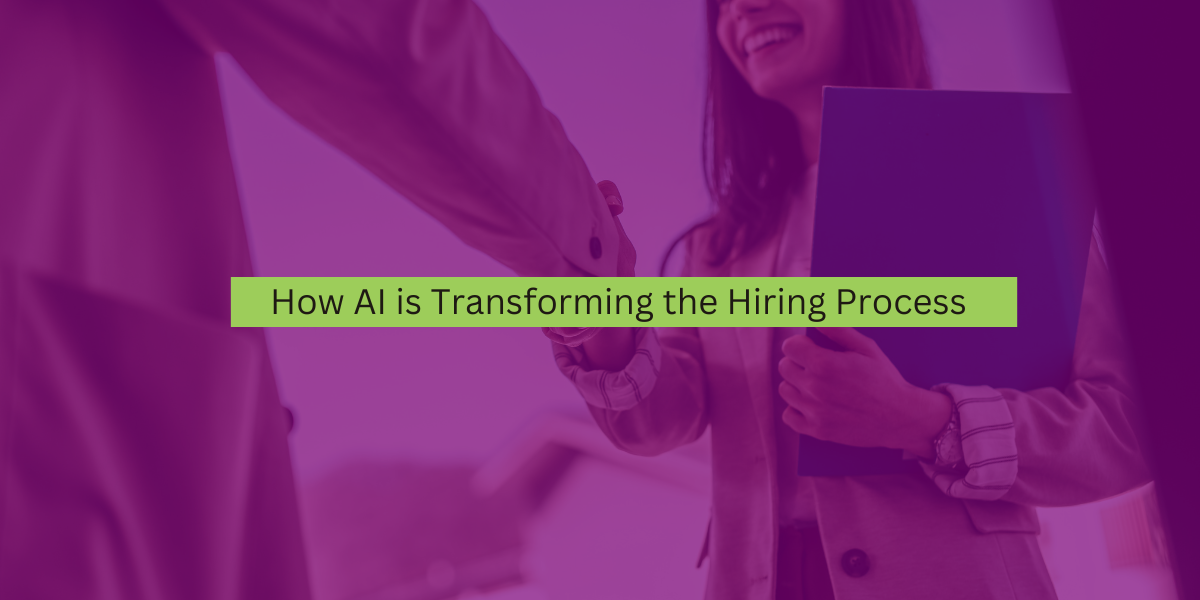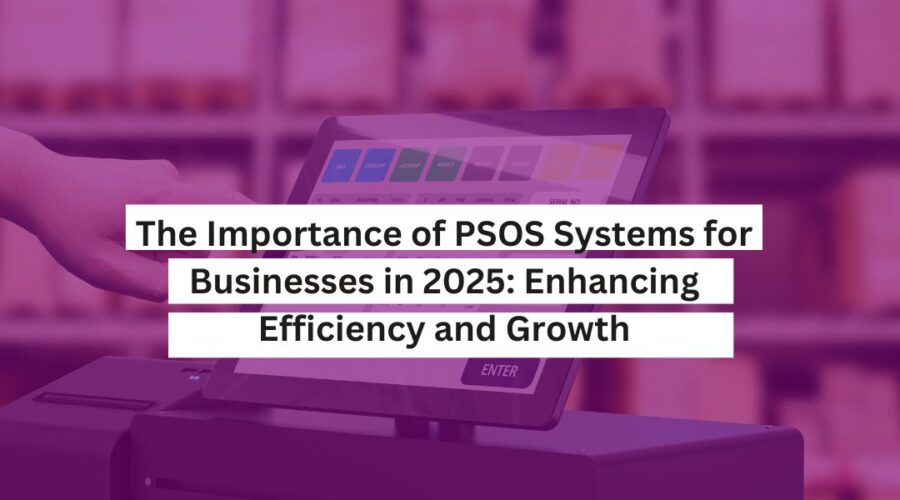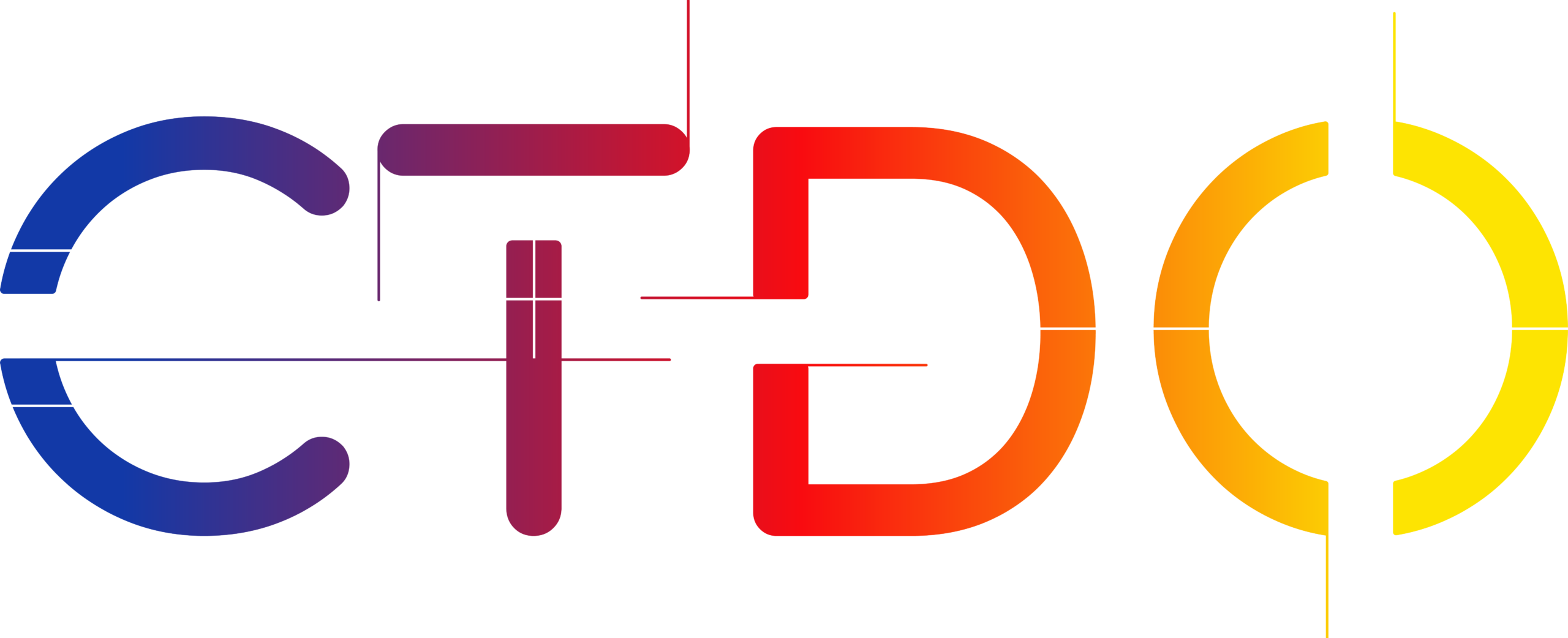The hiring process, a cornerstone of organizational success, has traditionally been a time-consuming and resource-intensive endeavor. From sifting through resumes to scheduling interviews, the recruitment landscape has often presented significant challenges for both employers and candidates. However, the advent of Artificial Intelligence (AI) is reshaping the hiring process, making it more efficient, accurate, and inclusive. In this blog, we will explore how AI is revolutionizing recruitment, supported by stats and real-world examples, and what this means for the future of talent acquisition.
1. Streamlining Resume Screening
One of the most significant pain points in recruitment is the sheer volume of applications. According to a study by Glassdoor, corporate job openings attract an average of 250 resumes, of which only 2% are called for interviews. AI-powered tools are tackling this challenge head-on by automating the initial screening process.
AI algorithms can analyze resumes at lightning speed, scanning for keywords, skills, and qualifications that match the job description. For example, tools like HireVue and Greenhouse use natural language processing (NLP) to rank candidates based on their relevance to the role. This automation reduces the time spent on manual screening by up to 75%, according to research by Ideal, an AI recruiting software provider.
Stat:
- 67% of hiring managers and recruiters reported that AI has reduced their time-to-hire, according to LinkedIn’s Global Talent Trends Report 2022.
2. Enhancing Candidate Sourcing
AI is also revolutionizing the way recruiters find and attract talent. Traditional sourcing methods often rely on limited networks or job boards. AI-powered platforms like LinkedIn Recruiter, Entelo, and SeekOut can analyze vast datasets to identify passive candidates who may not actively be seeking a job but match the requirements perfectly.
These tools use predictive analytics to suggest candidates who are likely to be open to new opportunities, based on their career trajectory, social media activity, and engagement patterns. This approach widens the talent pool and increases the likelihood of finding the best fit for the role.
Stat:
- 94% of recruiters using AI for talent sourcing reported higher-quality candidate pools, according to a survey by the Society for Human Resource Management (SHRM).
3. Reducing Bias in Recruitment
Unconscious bias has long plagued the hiring process, often leading to discriminatory practices. AI, when designed and implemented responsibly, can help mitigate this issue. Tools like Pymetrics and Applied use AI-driven assessments to evaluate candidates’ skills, problem-solving abilities, and personality traits without considering demographic factors like age, gender, or ethnicity.
By focusing on objective data, these tools promote a fairer and more inclusive recruitment process. However, it is essential to ensure that the AI systems themselves are free from biases, as they can inadvertently replicate biases present in historical hiring data.
Stat:
- Companies that use AI in hiring report a 25% increase in diversity among new hires, according to a study by McKinsey & Company.
4. Improving Candidate Experience
The candidate experience is a critical factor in successful recruitment. According to CareerBuilder, 68% of candidates believe the hiring process reflects how a company values its employees. AI enhances this experience by providing timely updates, personalized interactions, and seamless communication.
Chatbots like Mya and Olivia are transforming candidate engagement. These AI-powered virtual assistants can answer FAQs, schedule interviews, and even guide candidates through the application process. Their 24/7 availability ensures that candidates feel supported and informed at every stage.
Stat:
- 78% of candidates say that AI-driven chatbots improved their overall experience, according to a study by PwC.
5. Conducting Pre-Employment Assessments
Assessing candidates’ skills and cultural fit is often a subjective process. AI is making it more objective and data-driven. Platforms like HireVue and Codility use AI to evaluate candidates through video interviews and skill tests.
HireVue’s AI analyzes facial expressions, tone of voice, and word choice to assess a candidate’s suitability for the role. Similarly, Codility provides coding challenges to evaluate technical skills in real-time. These assessments not only save time but also offer insights that traditional methods might overlook.
Stat:
- 88% of companies using AI for pre-employment assessments reported better-quality hires, according to Gartner.
6. Predicting Job Performance
AI doesn’t stop at hiring; it also predicts how well a candidate might perform in a role. Predictive analytics tools like Eightfold.ai and IBM’s Watson Talent can analyze historical data to identify patterns that correlate with high performance.
For instance, these tools can predict how likely a candidate is to succeed based on their past job performance, learning agility, and cultural fit. This predictive capability enables organizations to make data-informed decisions, reducing the risk of costly hiring mistakes.
Stat:
- Companies using predictive analytics in hiring see a 23% reduction in turnover rates, according to a report by Deloitte.
7. Optimizing Time-to-Hire
Time-to-hire is a critical metric in recruitment, as prolonged processes can result in losing top talent to competitors. AI expedites every stage of the hiring process, from sourcing and screening to scheduling and assessments.
For example, tools like Paradox and X0PA AI automate scheduling by syncing with recruiters’ calendars and candidates’ availability, reducing the back-and-forth communication that often delays the process. As a result, companies can secure talent faster and more efficiently.
Stat:
- AI reduces the average time-to-hire by 30-40%, according to LinkedIn Talent Solutions.
8. Supporting Remote Hiring
The rise of remote work has transformed the hiring landscape, necessitating virtual recruitment processes. AI-powered video interview platforms like Zoom AI and HireVue have become indispensable for conducting remote interviews. These platforms not only facilitate virtual interactions but also provide AI-driven insights into candidates’ responses and behavior.
Additionally, AI tools help organizations assess candidates’ readiness for remote work by analyzing their self-discipline, communication skills, and ability to work independently.
Stat:
- 60% of companies reported increased efficiency in remote hiring with AI tools, according to Forbes.
9. Ensuring Compliance and Data Security
AI aids in maintaining compliance with employment laws and regulations. For example, it can flag discriminatory language in job descriptions or ensure that hiring practices align with Equal Employment Opportunity (EEO) guidelines.
Moreover, AI-driven platforms prioritize data security, ensuring that candidates’ personal information is protected during the recruitment process. This is especially critical as data privacy regulations like GDPR become more stringent.
Stat:
- 45% of HR professionals cite compliance as a key benefit of AI in recruitment, according to SHRM.
10. The Future of AI in Hiring
As AI continues to evolve, its role in recruitment will expand further. Emerging technologies like machine learning, deep learning, and natural language processing will make AI tools even more sophisticated. Future applications may include:
- Hyper-personalized Candidate Experiences: AI could tailor every interaction based on a candidate’s preferences and behavior.
- Advanced Predictive Analytics: Improved algorithms could provide even more accurate predictions of job performance and cultural fit.
- AI-Driven Employee Retention: AI could analyze employee engagement and satisfaction to proactively address retention challenges.
Challenges and Ethical Considerations
While AI offers immense potential, it also poses challenges, such as:
- Algorithmic Bias: AI systems must be designed and tested to avoid perpetuating biases present in historical data.
- Transparency: Organizations must ensure that AI-driven decisions are explainable and transparent.
- Human Touch: Balancing automation with human judgment is crucial to maintaining a personalized hiring experience.
Conclusion
AI is undeniably transforming the hiring process, making it faster, fairer, and more effective. From streamlining resume screening to enhancing candidate experience, AI-driven tools are addressing long-standing recruitment challenges. However, organizations must implement these technologies responsibly to unlock their full potential.
With the right balance of technology and human insight, AI can not only revolutionize how we hire but also redefine how we connect talent with opportunities. For businesses and candidates alike, the future of recruitment is bright, efficient, and powered by AI.








